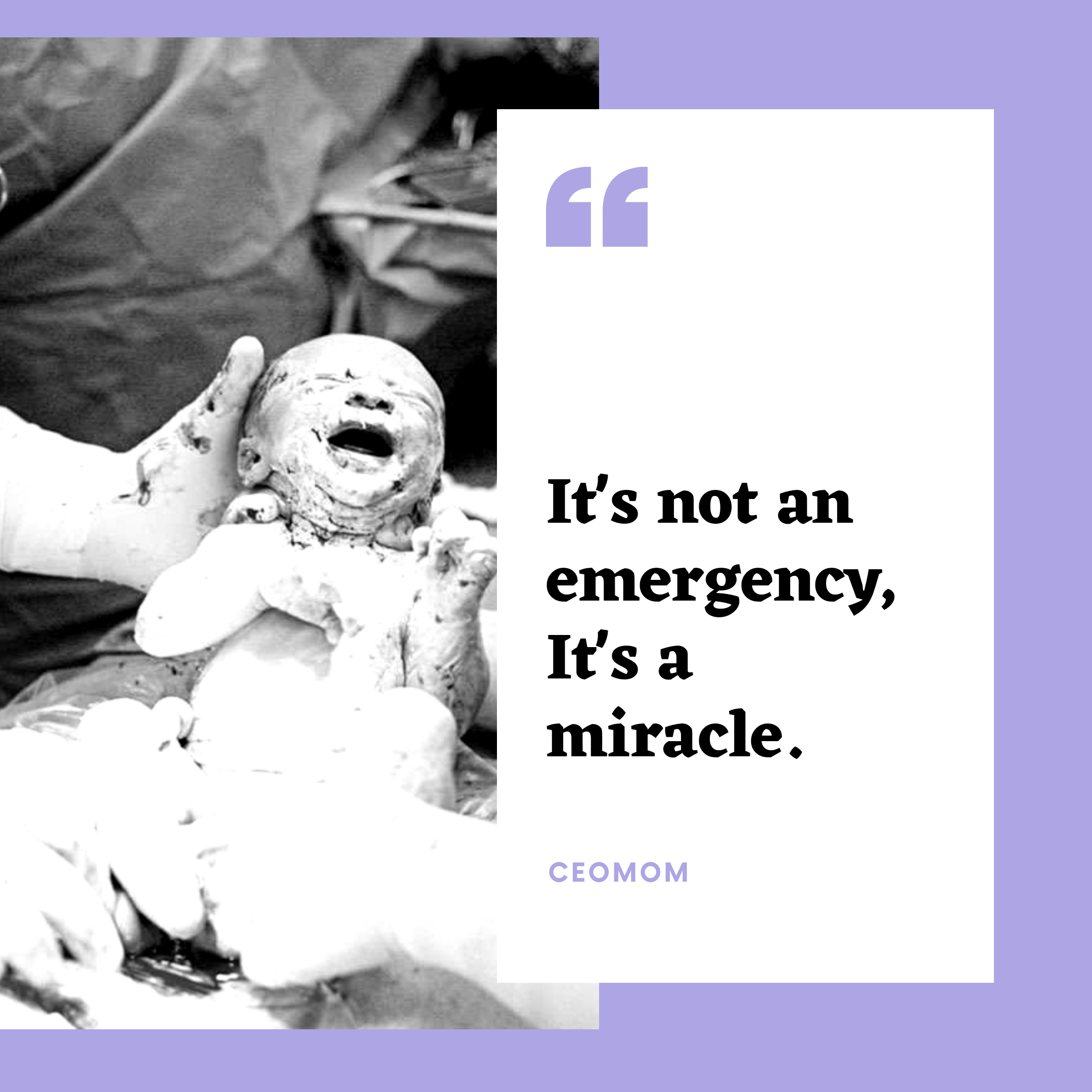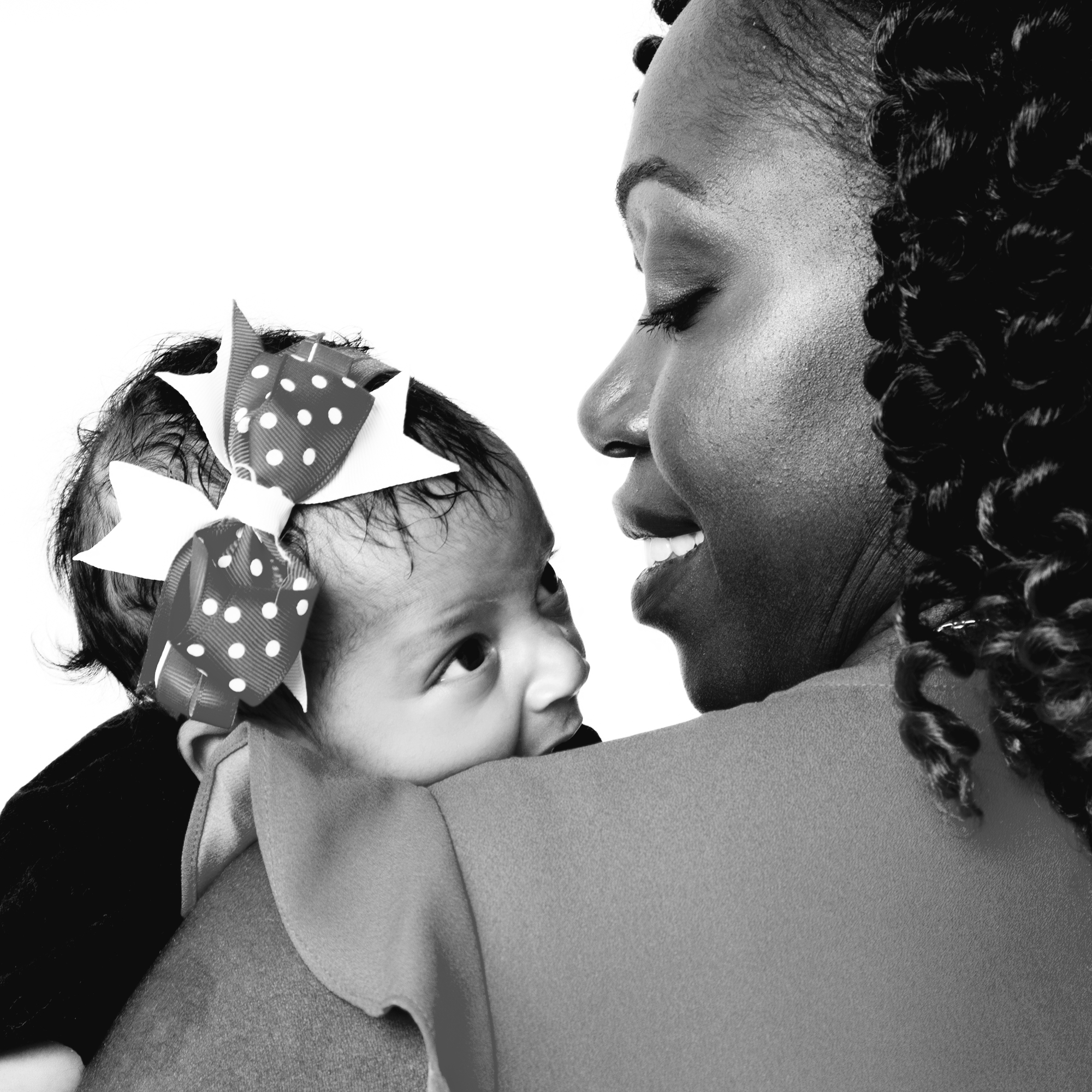Have you ever heard a song and had no idea how much it would resonate with you until it did?
Clutching my belly feeling overwhelmed was the lyrics that Lauren Hill sang when she was expecting her first child and I guess it wasn’t until years later, that I realised she was singing the truth of nearly every expectant mother.
I remember going for my first official midwife appointment after a 10-year gap from the birth of my son and I sat there thinking “wow there is such a disconnect with what is meant to be such a natural process of having a baby, to what really happens from a medical point of view”.
At one point I felt like I was back at school as I sat listening to my midwife talk at me for 20 minutes whilst making various stereotypical racial slurs.
But It wasn’t until she handed me my pack and said see you at 28 weeks after reading off list of hospital numbers that I realised, how little interaction there is between mum to be and midwife.
In fact, I just remembered laying in bed one night going through my pack, trying to decide my options but just feeling anxious and not really knowing what was best for me or my baby.
Don’t get me wrong we need to know the do’s and don’ts but there was very little about how we help ourselves to feel apart of our pregnancy emotionally, rather than the incubators holding the baby.
On average It is recorded that 1 in 7 mothers are affected by perinatal mental health issues and I just can’t help but wonder if the clinical way in which pregnancy is treated like a health condition, could it be a contributing factor?
I mean we treat giving birth, which is the most natural thing in the world, like a medical emergency.
We plan what drugs are available, which really suggests, we will need them.
We are usually offered very few choices of where or how to deliver our babies, its either c -section, vaginal birth or if your lucky water birth.
And the thing I find to be a little too confusing to actually articulate, is that most health care practitioners imply that the life of our babies starts outside the womb, which suggests that what happens inside the womb is irrelevant or perhaps not much of a focus.
Just makes me think, could this approach be building more fear and anxiety rather providing informative, supportive help for new mothers to be?
I definitely felt there was an element missing that focused on the emotional wellbeing of the mother.


